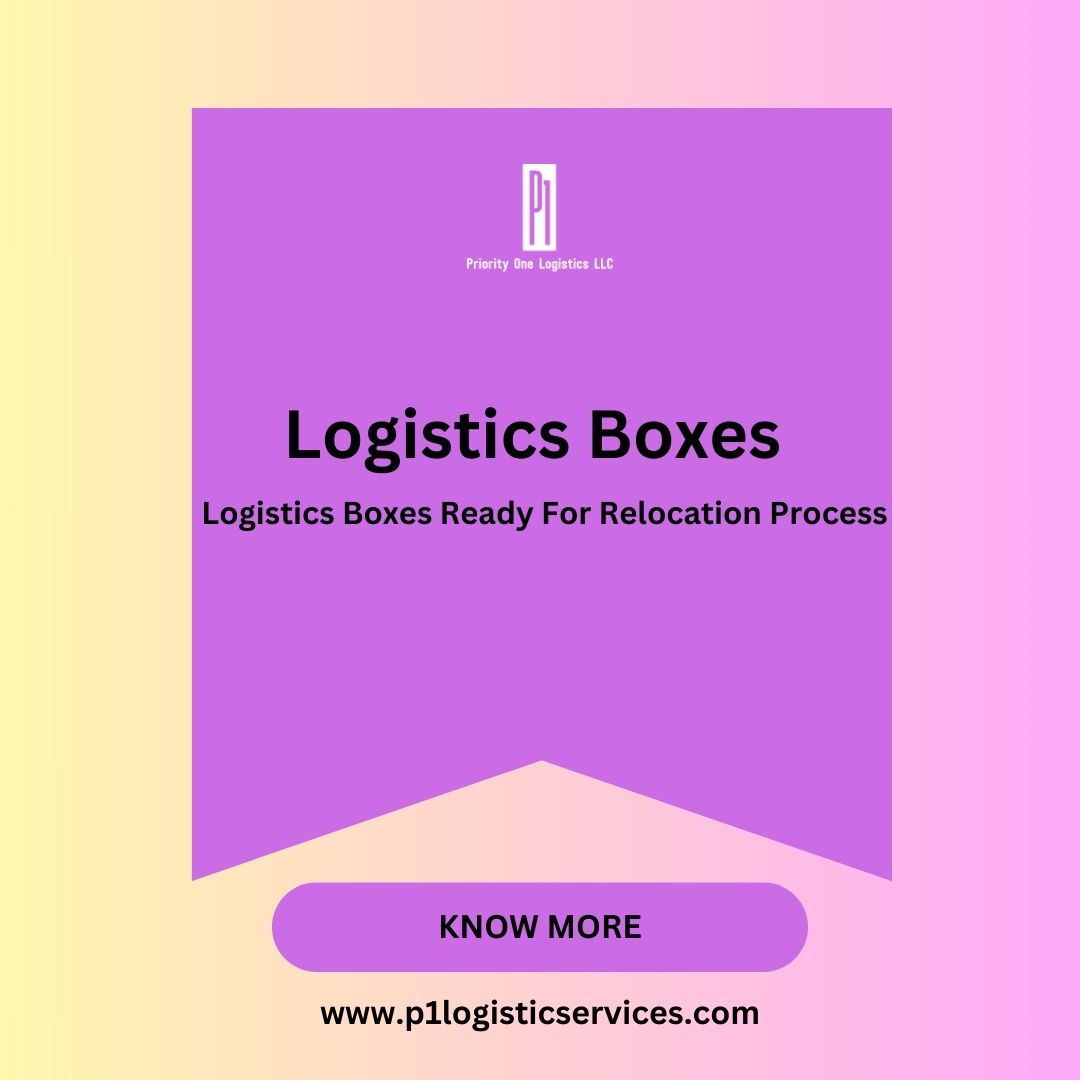Introduction
In the ever-evolving world of logistics, where the efficient movement of goods is paramount, the role of logistics boxes cannot be overstated. These unassuming containers play a vital role in the intricate dance of supply chains, ensuring that products reach their destinations intact and on time. In this article, we will delve into the importance of logistics boxes in the realm of logistics, exploring their various types, design considerations, and the impact they have on the industry’s efficiency and sustainability.
Types of Logistics Boxes
Before we dive into their significance, it’s essential to understand the different types of logistics boxes available in the market. These boxes are not one-size-fits-all; rather, they are tailored to specific needs and industries, making them versatile tools in logistics operations. Here are some common types:
-
Cardboard Boxes: Cardboard boxes are the workhorses of logistics. They are lightweight, inexpensive, and easily customizable. They come in various sizes and can be used for transporting a wide range of goods, from consumer electronics to clothing.
-
Plastic Containers: Plastic containers are durable and water-resistant, making them suitable for transporting goods that require protection from moisture. They are commonly used in food logistics, pharmaceuticals, and manufacturing.
-
Wooden Crates: Wooden crates are sturdy and can withstand heavy loads. They are often used for shipping industrial equipment and machinery, as well as agricultural products.
-
Metal Bins: Metal bins are rugged and built to last. They are favored in industries such as construction and automotive, where durability and security are paramount.
-
Pallets: While not technically boxes, pallets are essential logistics tools. They provide a stable base for stacking and transporting goods, making them indispensable in warehousing and transportation.
Design Considerations
The design of logistics boxes is a critical aspect of their functionality. Various factors must be taken into account during their design and manufacturing processes to ensure they serve their purpose effectively:
-
Size and Dimensions: Logistics boxes should be designed to accommodate the specific dimensions of the products they will carry. Efficient space utilization is crucial to minimize waste and transportation costs.
-
Strength and Durability: Boxes must be sturdy enough to withstand the rigors of transportation, handling, and storage. The choice of materials and construction methods plays a significant role in achieving this.
-
Stackability: Boxes should be designed for efficient stacking to maximize storage space in warehouses and transportation vehicles. This not only saves space but also reduces the carbon footprint of logistics operations.
-
Security: Security features, such as tamper-evident seals and locks, may be necessary for transporting high-value or sensitive goods.
-
Ergonomics: Considerations for ease of handling, including the inclusion of handles or handholds, can reduce the risk of workplace injuries and improve overall efficiency.
The Significance of Logistics Boxes
Now that we have a foundational understanding of logistics box types and design considerations, let’s explore why these seemingly simple containers are so vital in logistics moves.
-
Product Protection: At its core, the primary purpose of logistics boxes is to protect the products they carry. They act as a barrier against external factors such as weather, dust, and potential damage during handling and transportation. Without suitable boxes, goods would be vulnerable to various risks, leading to losses for businesses and dissatisfaction among customers.
-
Efficient Handling: Standardized logistics boxes, especially those designed with ergonomic features, facilitate efficient handling. Workers can easily stack, move, and load these boxes, reducing the time and effort required for each task. This efficiency is critical in fast-paced logistics operations.
-
Optimized Storage: Logistics boxes are designed to maximize storage space both in warehouses and transportation vehicles. Their stackability ensures that available space is used to its full potential, reducing the need for additional storage facilities and minimizing transportation costs.
-
Sustainability: The use of logistics boxes contributes to sustainability in logistics operations. By optimizing space and reducing the need for disposable packaging materials, these boxes help minimize waste and reduce the carbon footprint of the industry.
-
Supply Chain Visibility: Many logistics boxes are designed with tracking and identification features, such as barcodes or RFID tags. These technologies enhance supply chain visibility, allowing businesses to monitor the movement and location of goods in real time.
-
Cost Efficiency: Over time, logistics boxes can prove to be cost-effective. While there is an initial investment, their durability and reusability make them a wise choice for businesses looking to cut costs in the long run.
-
Customizability: Logistics boxes can be customized to meet specific industry or product requirements. Whether it’s temperature-controlled containers for pharmaceuticals or padded boxes for fragile electronics, customization ensures that goods are transported in optimal conditions.
-
Industry Compliance: Certain industries, such as pharmaceuticals and food, have strict regulations regarding the transportation and storage of their products. Logistics boxes are often designed to meet these compliance standards, ensuring that goods are transported safely and legally.
Conclusion
In the intricate world of logistics, where timely and secure delivery of goods is paramount, logistics boxes emerge as unsung heroes. These unassuming containers, with their various types and thoughtfully designed features, play a crucial role in ensuring that products reach their destinations efficiently and intact. From protecting goods and optimizing storage to enhancing sustainability and supply chain visibility, logistics boxes are the backbone of modern logistics moves. As the logistics industry continues to evolve, the significance of logistics boxes will only grow, making them indispensable tools for businesses striving for success in an increasingly complex and competitive environment.





